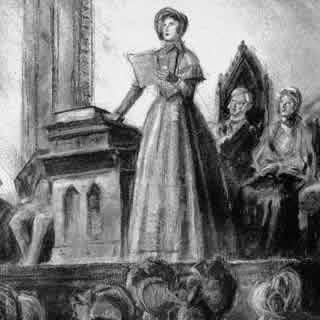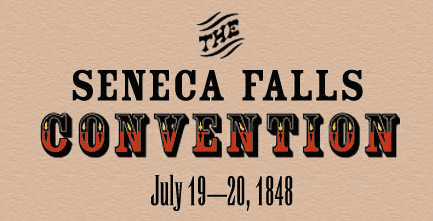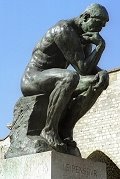 A mistake I think many "conspiracy theorists"
make is trying to account for every single event as being some sort of
manipulation. It doesn't really have to be as complex as that - there
are really only certain pivotal arguments that need to be won, so that
the general direction will turn. For example, giving women the vote, due
to their more security-based psychology (as opposed to men's
individualistic psychology) pretty much guaranteed that government would
turn socialist and begin to grow. This has been explored by John Lott
and Lawrence Kenny's study titled, "Did Women's Suffrage Change the Size and Scope of Government?"
A mistake I think many "conspiracy theorists"
make is trying to account for every single event as being some sort of
manipulation. It doesn't really have to be as complex as that - there
are really only certain pivotal arguments that need to be won, so that
the general direction will turn. For example, giving women the vote, due
to their more security-based psychology (as opposed to men's
individualistic psychology) pretty much guaranteed that government would
turn socialist and begin to grow. This has been explored by John Lott
and Lawrence Kenny's study titled, "Did Women's Suffrage Change the Size and Scope of Government?" In the same way, if parental authority is undermined by "children's rights," I can pretty much guarantee that there will be untold havoc created in people's families. Making the hierarchy upside down naturally causes problems. The private cannot lead the general. The employee cannot lead the employer. The child cannot lead the parent. Take any of these situations and reverse the hierarchy, and it's pretty easy to see how they will naturally canabalize themselves until they are utterly destroyed. Some arguments are more important than others - because they can set off a chain reaction of further arguments in the future.
(Read More Here)



.jpg)



































































